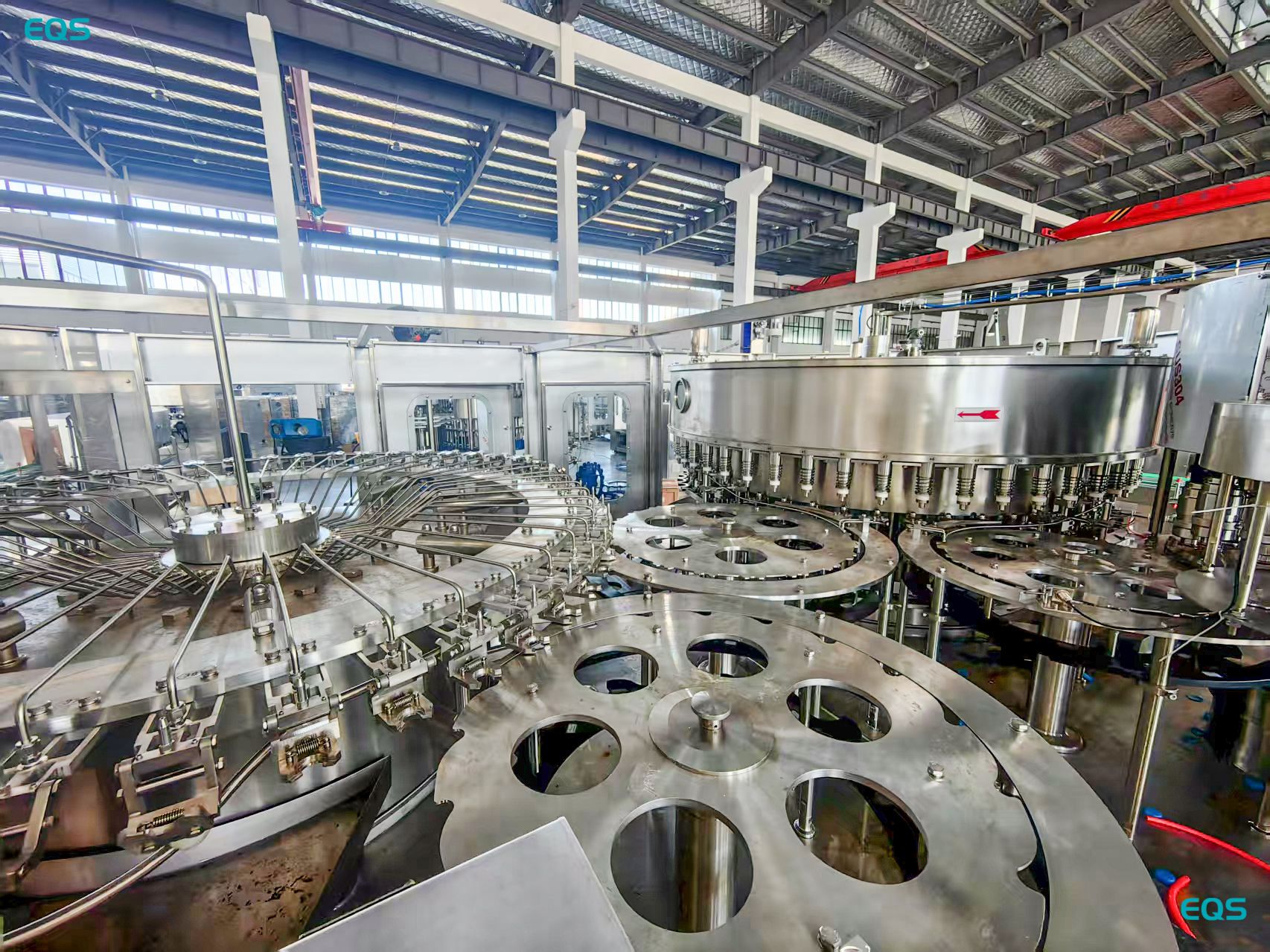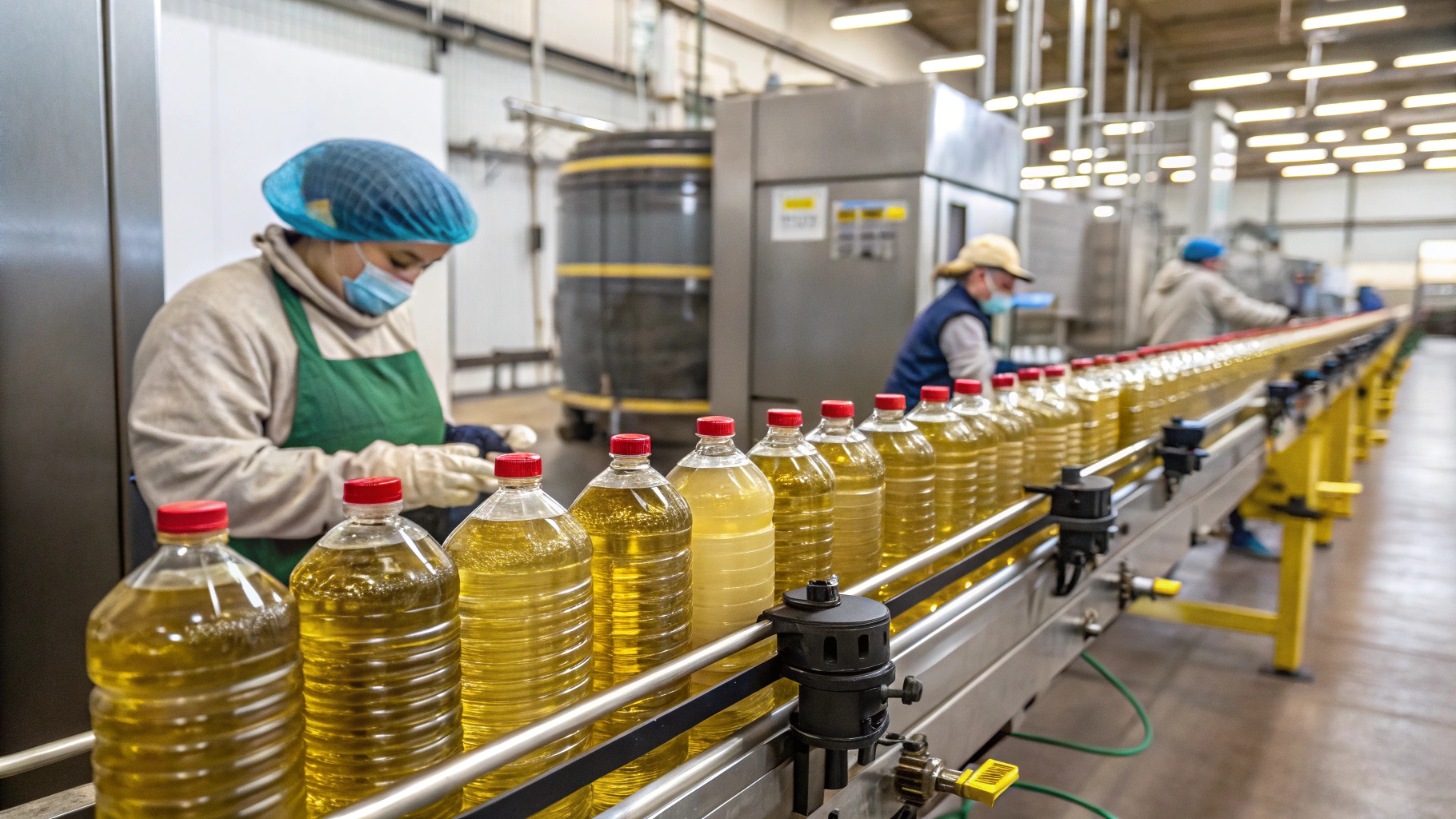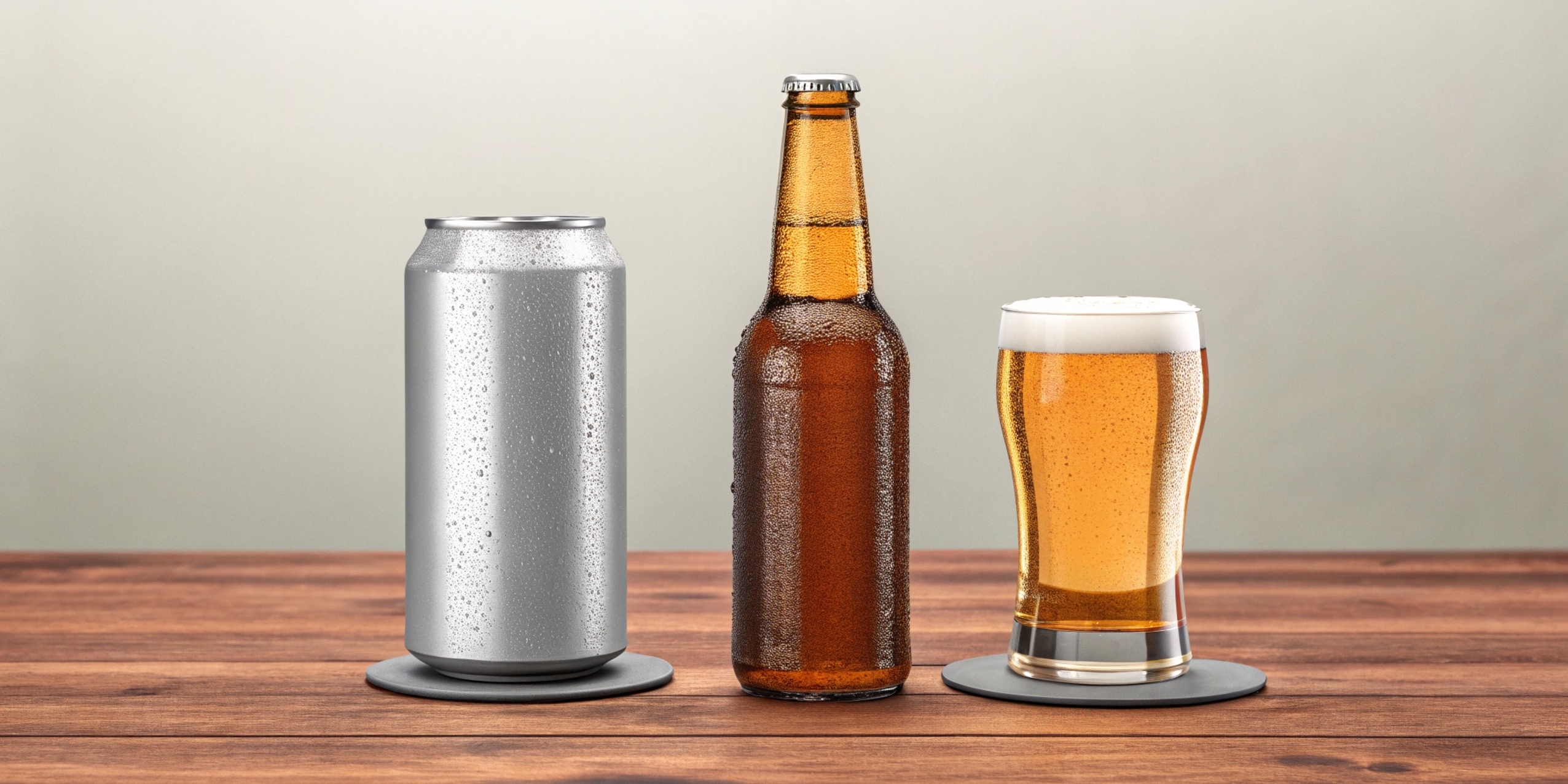Why Do Some States Require Beer to Be Pasteurized?
leading paragraph:
Ever notice how some beers last longer than others? Pasteurization might be the reason.
snippet paragraph:
Some states mandate beer pasteurization primarily to extend shelf life and maintain quality. This heat treatment eliminates spoilage-causing microorganisms, ensuring a consistent flavor. While some unpasteurized craft beers exist requiring refrigeration, pasteurization enables wider distribution and room-temperature storage.
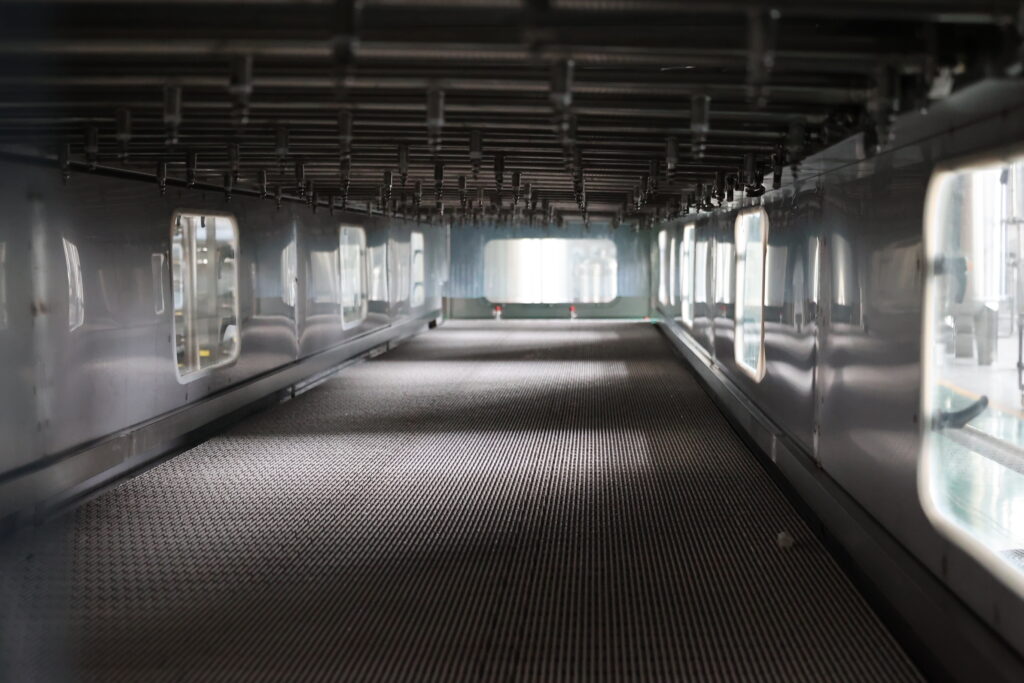
Transition Paragraph:
Let's dive into the reasons behind pasteurization and its impact on beer.
Why Does Beer Have to Be Pasteurized?
leading paragraph:
Why can't beer just be left alone?
snippet paragraph:
Beer pasteurization prevents spoilage by killing bacteria and yeast that can cause off-flavors and cloudiness. It extends shelf life, making distribution easier and ensuring a consistent product for consumers.

Spoilage Culprits
| Microorganism | Potential Effects |
|---|---|
| Bacteria | Sourness, vinegar-like flavors, cloudiness |
| Wild Yeast | Off-flavors (phenolic, medicinal), over-carbonation |
| Mold | Musty or earthy flavors |
From my understanding, pasteurization gives brewers more control over their product's stability and taste over time.
Is it Safe to Drink Unpasteurized Beer?
leading paragraph:
Is that raw beer risky?
snippet paragraph:
Unpasteurized beer is generally safe if produced and stored properly. However, it carries a slightly higher risk of spoilage and potential contamination. Refrigeration is crucial to inhibit microbial growth.

Factors Affecting Safety
| Factor | Impact on Safety |
|---|---|
| Brewing Practices | Strict hygiene minimizes contamination |
| Storage Temperature | Cold temperatures slow microbial growth |
| Consumption Time | Drink fresh to avoid spoilage |
Personally, I enjoy unpasteurized beers, but I always make sure they've been properly handled and stored.
Is All Beer in the US Pasteurized?
leading paragraph:
Is pasteurization universal in the US beer market?
snippet paragraph:
No, not all US beer is pasteurized. Many large commercial breweries pasteurize their beer for extended shelf life, while some craft breweries offer unpasteurized options that require refrigeration.
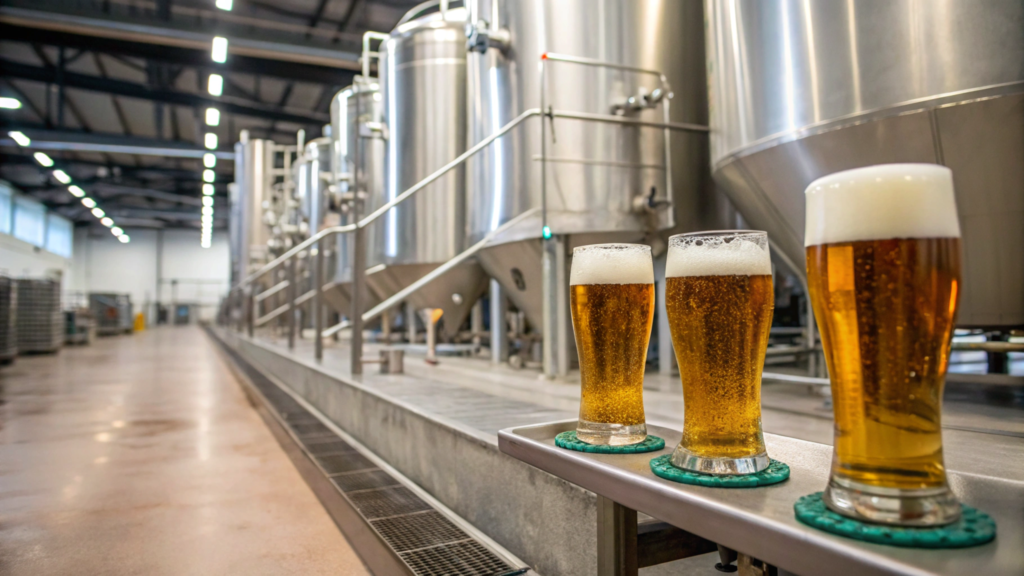
Market Segmentation
| Brewery Type | Typical Pasteurization Practice |
|---|---|
| Large | Generally pasteurized |
| Craft | Varies, often unpasteurized |
I've noticed a growing trend among craft brewers to offer unpasteurized beers, emphasizing freshness and unique flavor profiles.
Does Coors Pasteurize Their Beer?
leading paragraph:
What about this popular brand?
snippet paragraph:
Yes, Coors generally pasteurizes its beer to ensure consistent quality and extended shelf life for widespread distribution.
Brand Strategy
| Aspect | Coors Approach |
|---|---|
| Pasteurization | Yes |
| Distribution | National |
| Shelf Life | Extended |
Conclusion
Pasteurization's impact on beer depends on the desired balance between shelf life, flavor, and production scale. It ensures product availability for most consumers.
My name is Allen, and I'm an expert in filling machine technology at EQS (eqsfilling.com), a leading liquid packaging solution provider based in China. If you're looking for top-quality filling machines for your production line, feel free to reach out to me at [email protected]. We specialize in providing customizable solutions with cutting-edge technology.


